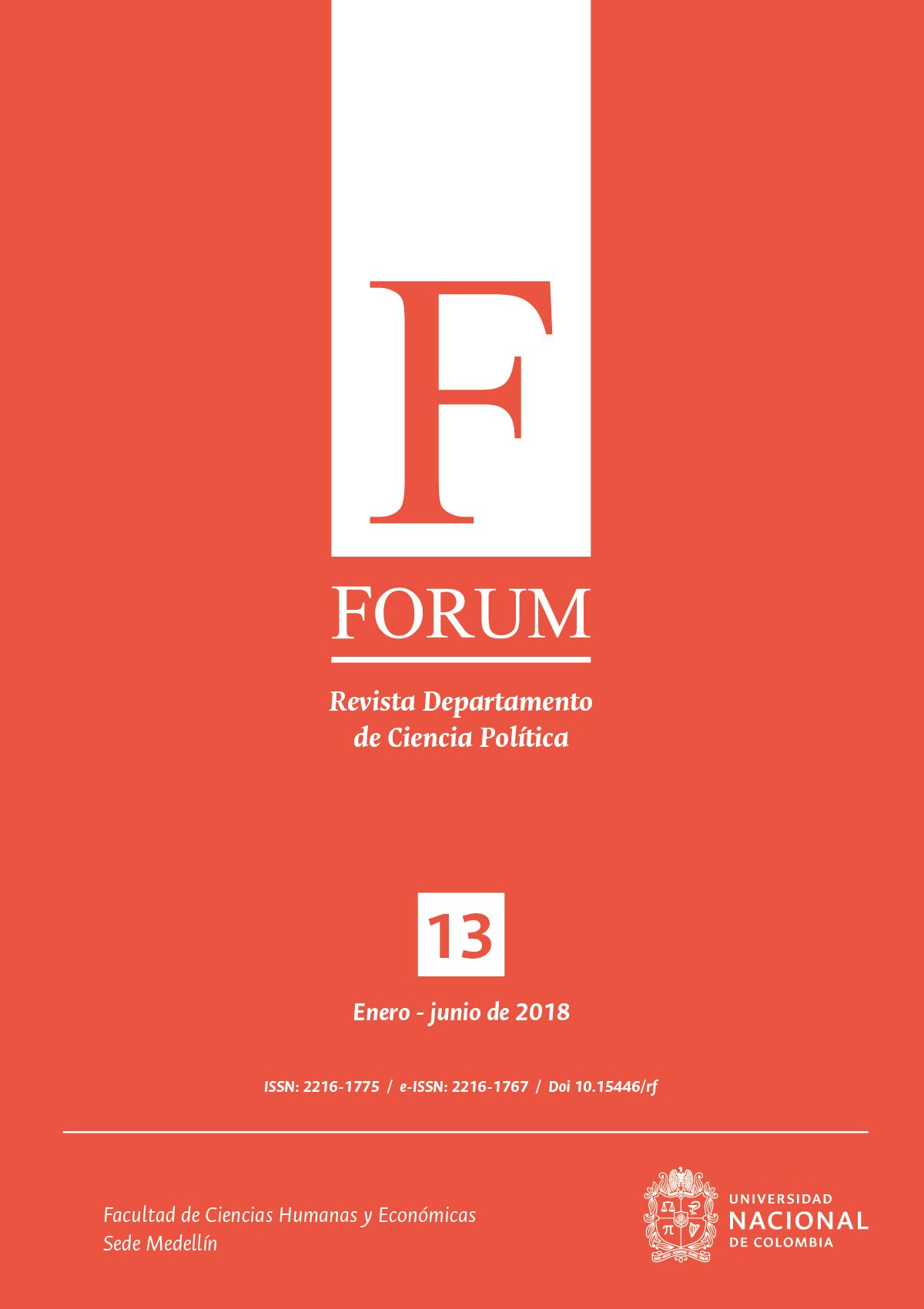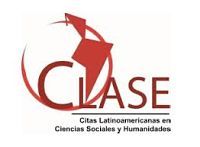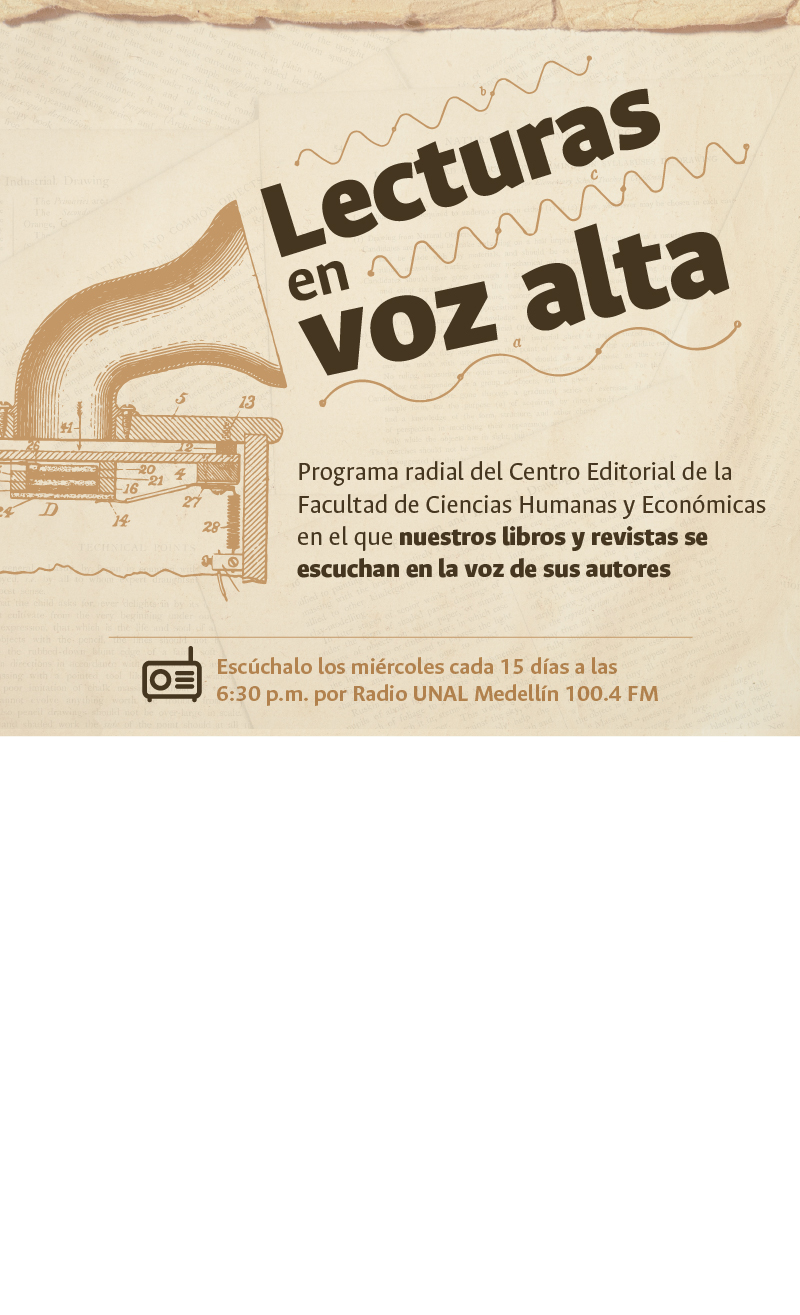La formación del Kurdistán y la seguridad societal. Un análisis del gobierno kurdo en el norte de Irak, los grupos minoritarios y la lucha contra el Estado Islámico
The Formation of the Kurdistan and Societal Security. An Analysis of the Kurdish Government in Northern Iraq, Minority Groups and the Fight against the Islamic State
DOI:
https://doi.org/10.15446/frdcp.n13.69631Palabras clave:
Irak (Thesaurus), Kurdistán, seguridad societal, Estado Islámico, minorías (Autor) (es)Iraq (Thesaurus), Kurdistan, societal security, Islamic State, minorities (Author) (en)
Descargas
El presente artículo analiza cómo el surgimiento de un Kurdistán independiente representó una amenaza para la seguridad societal de los grupos minoritarios que habitan en el norte de Irak. Para lo cual, aborda el caso de la provincia de Nínive (Irak), en donde el Gobierno Regional del Kurdistán (GRK) implementó políticas de asimilación, cooptación e intimidación para garantizar el apoyo de las minorías a su proyecto independentista. Además, explora cómo la aparición del Estado Islámico fue un factor relevante para el aumento del poder kurdo en la región. Finalmente, se examinan algunos escenarios que enfrentan los kurdos tras el fin del autoproclamado califato. Se concluye que el proyecto de un Kurdistán independiente representa un escenario conflictivo e inestable tanto para los Estados de la región —que tienen una importante población kurda— como para los diferentes grupos societales, en especial, del norte de Irak.
The herein article discusses how the emergence of an independent Kurdistan represented a threat to the societal security of minority groups living in the Northern of Iraq. For this purpose, it deals with the case of the province of Nineveh, where the Kurdistan Regional Government (KRG) implemented policies of assimilation, co-option and intimidation to ensure the support of minorities to their independence project. In addition, it explores how the emergence of the Islamic State was an important factor for the increase of Kurdish power in the region. Finally, it examines some scenarios faced by Kurds since the end of the self-proclaimed Caliphate. It is concluded that the project of an independent Kurdistan represents a conflicting and unstable scenario for both the States in the region—which have a large Kurdish population—and the different societal groups, especially from northern Iraq.
Referencias
Abdulrahim, R. (19 de octubre de 2017). Symbol of Kurdish Nationalism Rises in Raqqa. The Wall Street Journal, recuperado de https://www.wsj.com/articles/symbol-of-kurdish-nationalism-rises-in-raqqa-1508446645
Abdulrahim, R. y Raydan, N. (13 de septiembre de 2016). Syrian Government Sieges Drive Out Sunni Population. The Wall Street Journal, recuperado de https://www.wsj.com/articles/syrian-government-sieges-drive-out-sunni-population-1473809473
Al Jazeera. (17 de marzo de 2016). Syria Civil War: Kurds Declare Federal Region in North. Al Jazeera, recuperado de http://www.aljazeera.com/news/2016/03/syria-civilwar-kurds-declare-federal-system-north-160317111902534.html
Aldroubi, M. (15 de octubre de 2017). Iranian General Qassem Soleimani Visits Iraqi Kurdistan amid Standoff with Baghdad. The National, recuperado de https://www.thenational.ae/world/mena/iranian-general-qassem-soleimani-visits-iraqi-kurdistan-amid-standoff-with-baghdad-1.667526
Al-Qarawee, H. H. (2013). Heightened Sectarianism in the Middle East: Causes, Dynamics and Consequences. Analysis 205. Milán: Istituto per gli Studi di Politica Internazionale (ISPI). Recuperado de http://www.ispionline.it/sites/default/files/pubblicazioni/analysis_
_2013_0.pdf
Amnistía Internacional. (2015). “We Had Nowhere to Go” Forced Displacement and Demolitions in Nothern Syria. Recuperado de https://www.amnesty.org/en/documents/mde24/2503/2015/en/
Assyria Council of Europe y Hammurabi Human Rights Organization. (2010). The Struggle to Exist. Assyrian International News Agency. Recuperado de http://www.aina.org/reports/acetste.pdf
Aziz, M. A. (2015). The Kurds of Iraq: Ethnonationalism and National Identity in Iraqi Kurdistan. Londres: I.B. Tauris.
Bache, C. (2018). Mutual Economic Interdependence or Economic Imbalance: Turkish Private Sector Presence in the Kurdistan Region of Iraq. Middle East Critique, 27(1), 61-75. https://doi.org/10.1080/19436149.2017.1418206
Buzan, B. (2007). People, States and Fear: An Agenda for the International Security Studies in the Post-Cold War Era. Colchester: ECPR press.
Buzan, B. y Waever, O. (1997). Slippery? Contradictory? Sociologically Untenable? The Copenhagen School Replies. Review of International Studies, 23(2), 241-250.
Buzan, B., Waever, O. y de Wilde, J. (1998). Security: A Framework for the Analysis. Londres: Lynne Reinner Publishers.
Champman, C. (2012). Improving Security for Minorities in Iraq. Minority Rights Group International. Recuperado de http://minorityrights.org/wp-content/uploads/old-site-downloads/
download-1137-Improving-security-for-minorities-in-Iraq.pdf
Chulov, M. (14 de enero de 2017a). Iran repopulates Syria with Shia Muslims to help tighten regime’s control. The Guardian, recuperado de https://www.theguardian.com/world/2017/jan/13/irans-syria-project-pushing-population-shifts-to-increase-influence
Chulov, M. (17 de octubre de 2017b). Kurdish forces abandon long-held lands to Iraqi army and Shia fighters. The Guardian, recuperado de https://www.theguardian.com/world/2017/oct/17/kurdish-forces-abandon-long-held-lands-to-iraqi-army-and-shia-fighters
Chulov, M. (25 de septiembre de 2017c). “The best day of my life”: Iraqi Kurds vote in independence referedum. The Guardian, recuperado de https://www.theguardian.com/world/2017/sep/25/iraqi-kurds-vote-in-historic-independence-referendum
Dalay, G. (2 de octubre de 2017). After the Kurdish Independence Referendum. Foreign Affairs, recuperado de https://www.foreignaffairs.com/articles/middle-east/2017-10-02/after-kurdish-independence-referendum
Darweish, M. y Mohammed, M. A. (2018). History Education in Schools in Iraqi Kurdistan: Representing Values of Peace and Violence. Journal of Peace Education, 15(1), 48-75. https://doi.org/10.1080/17400201.2017.1409198
Equilibrium Global. (18 de septiembre de 2017). Kurdistán Iraquí. El difícil camino hacia la independencia. Equilibrium Global, recuperado de http://equilibriumglobal.com/kurdistan-iraqui-el-dificil-camino-hacia-la-independencia/
Higel, L. (2016). Iraq’s Displacement Crisis: Security and Protection. Ceasefire Centre for Civilian Rights and Minority Rights Group International. Recuperado de http://minorityrights.org/wp-content/uploads/2016/04/CEASEFIRE-report_ENGLISH_march-2016_210x297mm_WEB.pdf
Human Rights Watch. (2009). On Vulnerable Ground. Violence Against Minority Communities in Nineveh Province’s Disputed Territories. Recuperado de https://www.hrw.org/report/2009/11/10/vulnerable-ground/violence-against-minority-communities-nineveh-provinces-disputed
Human Rights Watch. (2015). After Liberation Came Destruction. Iraqi Militias and the Aftermath of Amerli. Recuperado de https://www.hrw.org/report/2015/03/18/after-liberation-came-destruction/iraqi-militias-and-aftermath-amerli
Institute for International Law and Human Rights (IILHR). (2013). Iraq’s Minorities and Other Vulnerable Groups: Legal Framework, Documentation and Human Rights. Baghdad. Recuperado de http://www.europarl.europa.eu/meetdocs/2009_2014/documents/droi/dv/702_iraqsminorities_/702_iraqsminorities_en.pdf
International Crisis Group. (2009). Iraq and the Kurds: Trouble along the Trigger Line. Middle East Report 88, Baghdad/Erbil/Brussels. Recuperado de https://www.crisisgroup.org/middle-east-north-africa/gulf-and-arabian-peninsula/iraq/iraq-and-kurdstrouble-along-trigger-line
Jalal, T. (2009). The Displacement of Minorities in Syria and Iraq: Implications for Human Security. Policy Report 02. Barcelona: United Nations University Institute on Globalization, Culture and Mobility (UNU-GCM). Recuperado de https://collections.unu.edu/eserv/UNU:3193/pdf0209JALAL-2.pdf
Jüde, J. (2017). Contesting Borders? The Formation of Iraqi Kurdistan’s de Facto State. International Affairs, 93(4), 847-863.
Klein, J. (2014). The Minority Question: A View from History and the Kurdish Periphery. En W. Kymlicka y E. Pfostl (Eds.), Multiculturalism and Minority Rights in the Arab World (pp. 27-52). Oxford: Oxford University Press.
McDowall, D. (2003). A Modern History of the Kurds. Londres: I.B. Tauris.
McSweeney, B. (1999). Security, Identity, and Interests a Sociology of International Relations. Cambridge: Cambridge University Press.
Minority Rights Group International. (2014). De Crisis to Catastrophe: The Situation of Minorities in Iraq. Recuperado de http://minorityrights.org/publications/from-crisis-to-catastrophe-the-situation-of-minorities-in-iraq-october-2014/
Minority Rights Group International. (2015). Between the Millstones; The State of Iraq’s Minorities Since the Fall of Mosul. IILHR, MRG, NPWJ – UNPO, Brussels. Recuperado de http://minorityrights.org/wp-content/uploads/2015/03/MRG_Rep_Iraq_ONLINE.pdf
Mogelson, L. (6 de noviembre de 2017). Dark Victory in Raqqa. The New Yorker, recuperado de https://www.newyorker.com/magazine/2017/11/06/dark-victory-in-raqqa
Morgan-Jones, D. (2012). Establishment of Greater Kurdistan and Consolidation of National Identity: A Strategic Brand Building Programme. En A. Heshmati, A. Dilani y S. M. J. Baban (Eds.), Perspectives on Kurdistan’s Economy and Society in Transition (pp. 51-70). Nueva York: Nova Science Publishers.
Morris, L. (21 de marzo de 2017). Yazidis who Suffered Genocide are Fleeing again, But this Time not From the Islamic State. The Washington Post, recuperado de https://www.washingtonpost.com/world/middle_east/yazidis-who-suffered-genocide-arefleeing-again-but-this-time-not-from-the-islamic-state/2017/03/21/6392fe26-0353-11e7-9d14-9724d48f5666_story.html?utm_term=.17ae95dd617b
O’Bryan, T. (2011). The Relation of Security to Identity. Recuperado de http://www.e-ir.info/2011/06/10/the-relation-of-security-to-identity/
Ofra, B. (2005). The Iraqi Kurds: Hour of Power? En M. Gammer (Ed.), Community, Identity and the State: Comparing Africa, Eurasia, Latin America and the Middle East (pp. 171-180). Nueva York: Routledge Taylor & Francis Group.
Özoğlu, H. (2011). Does Kurdish Nationalism Have a Navel? En A. Kadioglu y E. F.
Keyman (Eds.), Symbiotic Antagonisms: Competing Nationalisms in Turkey (pp. 199-222). Salt Lake City: University of Utah Press.
Packard, M. (2013). Earning Independence in Iraqi Kurdistan. Temple International and Comparative Law Journal, 27(2), 177-205.
Posen, B. (1993). The Security Dilemma and Ethnic Conflict. Survival, 35(1), 27-47. https://doi.org/10.1080/00396339308442672
Roe, P. (2005). Ethnic Violence and the Societal Security Dilemma. Londres: Routledge.
Rojava, el “Estado” más nuevo de Medio Oriente creado por los kurdos en Siria que está amenazado por Turquía. (16 de mayo de 2017). BBC, recuperado de http://www.bbc.com/mundo/noticias-internacional-39914001
Said, E. W. (1990). Orientalismo. Madrid: Librerias.
Sinclair, C. y Kajjo, S. (2013). The Evolution of Kurdish Politics in Syria. En D. A McMurray y A. Ufheil-Somers (Eds.), The Arab Revolts: Dispatches on Militant Democracy in the Middle East (pp. 177-187). Bloomington: Indiana University Press.
Sly, L. (23 de noviembre de 2016). ISIS: A Catastrophe for Sunnis. The Washington Post, recuperado de http://www.washingtonpost.com/sf/world/2016/11/23/isis-a-catastrophe-for-sunnis/?utm_term=.231b43bf5453
Somer, M. (2011). Toward a Nonstandard Story. The Kurdish Question and the Headscarf, Nationalism, and Iraq. En A. Kadioglu y E. F. Keyman (Eds.), Symbiotic Antagonisms: Competing Nationalisms in Turkey (pp. 253-288). Salt Lake City: University of Utah Press.
Taneja, P. (2007). Assimilation, Exodus, Eradication: Iraq’s Minority Communities Since 2003. Minority Rights Groups International. Recuperado de http://www.aina.org/reports/mrgi0702.pdf
Taneja, P. (2011). Iraq’s Minorities: Participation in Public Life.Minority Rights Group International & Iraqi Minorities Council. Recuperado de http://minorityrights.org/publications/iraqs-minorities-participation-in-public-life-november-2011/
Cómo citar
APA
ACM
ACS
ABNT
Chicago
Harvard
IEEE
MLA
Turabian
Vancouver
Descargar cita
Licencia
Derechos de autor 2018 Forum. Revista Departamento de Ciencia Política

Esta obra está bajo una licencia internacional Creative Commons Atribución-NoComercial-SinDerivadas 4.0.
Aquellos autores/as que tengan publicaciones con FORUM Revista Departamento de Ciencia Política, aceptan los términos siguientes:- Los autores/as conservarán sus derechos de autor y garantizarán a la revista el derecho de primera publicación de su obra, el cuál estará simultáneamente sujeto a la Licencia de reconocimiento de Creative Commons Atribución – No comercial – Sin Derivar 4.0 que permite a terceros compartir la obra siempre que se indique su autor y su primera publicación esta revista.
- Los autores/as podrán adoptar otros acuerdos de licencia no exclusiva de distribución de la versión de la obra publicada (p. ej.: depositarla en un archivo telemático institucional o publicarla en un volumen monográfico) siempre que se indique la publicación inicial en esta revista.
- Se permite y recomienda a los autores/as difundir su obra a través de Internet (p. ej.: en archivos telemáticos institucionales o en su página web) antes y durante el proceso de envío, lo cual puede producir intercambios interesantes y aumentar las citas de la obra publicada. (Véase El efecto del acceso abierto).
































